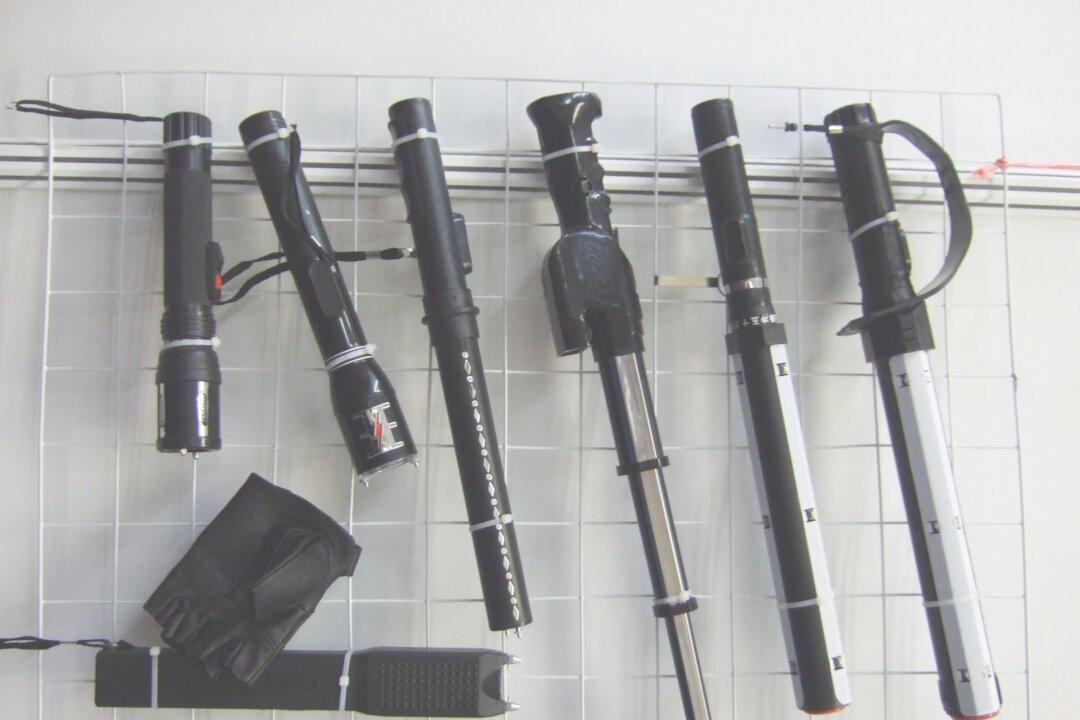Investigations of four Chinese companies supplying electronic components for computer manufacturer Dell uncovered conditions, which fail to meet Chinese labor laws and international labor standards.
Dell suppliers in Jiangsu and Guangdong provinces fell short when researchers for China Labor Watch (CLW) investigated conditions at the facilities, said a report published by GoodElectronics network.
The investigators found infractions with working hours, overtime, insufficient wages, as well as poor working and living conditions and a high level of employee dissatisfaction. They investigated Hipro Electronics, MSI and Taida in Guangdong, and Mingshuo in Jiangsu.
“My friend told me about this job and said it was supposed to be a good job with good pay. But when I came here, the reality was different,” a factory worker at the factory in Taida told investigators.
“I work 11 hours a day, 6 days a week, but I still only earn $360 (2,200 yuan) a month… I have been here for three months but I am ready to quit anytime,” he said.
The investigators found that most of the off-shift workers they interviewed planned to quit in the next 6 months because of the low wages, high pressure at work, long hours, and no prospects of promotion.
Long overtime hours was not an option, but a necessity at all the factories, the investigators learned. Overtime was required at the factories, and was most severe during peak season.
At the Mingshuo factory, peak season work hours increased from 40 hours, six days a week with mandatory 23 hours of overtime, to 40 hours plus 33.5 hours mandatory overtime, seven days a week.
Workers are paid minimum wages plus overtime, but at some of the factories fees for dorm rooms, food, and shuttle bus from dorm to factory are considerable deductions. The minimum wage for a 40-hour work-week is too little to live on, so employees find that working merely 40 hours is actually not an option.
Electronics assembly work requires long hours standing at the production line, often breathing toxic chemical fumes. Employees at Taida and the MSI factory complained about toxic fumes and skin rashes.
“Because of the welding, the temperature is uncomfortably high and the smell is toxic. We don’t get mouth protection. I get skin irritation if I touch my face at work,” a young female worker told the investigators. “We have to stand up the entire 12 hour shift; to sit down, you have to ask for permission.”
“I work from 7 in the evening to 7 in the morning, 6 days a week,” a young woman MSI worker told CLW. “The work is tough and the pace too fast; we have to complete 105 pieces an hour.”
Living conditions at the factory-provided dorms are tough too. At the dormitory connected to the Mingshuo factory, home to about 3,264 workers, 8 to 10 employees live together in one room with bunk beds; 55 workers share one toilet and 27 workers share one shower, while 272 workers have to share one coin operated washing machine, which sometimes has no hot water.
Dell, which depends on periodic workplace audits to ensure that their supplies maintain standards, told CLW they will be reviewing the report, and working with the suppliers to resolve the issues uncovered in the investigation. Dell is a member of Electronic Industry Citizenship Coalition, which claims to build a global electronics industry supply chain that consistently operates with social, environmental and economic responsibility.
Work Conditions at Chinese Dell Suppliers Poor, Report Finds
An investigative report finds Dell suppliers in China fail to meet labor standards.
|Updated:



